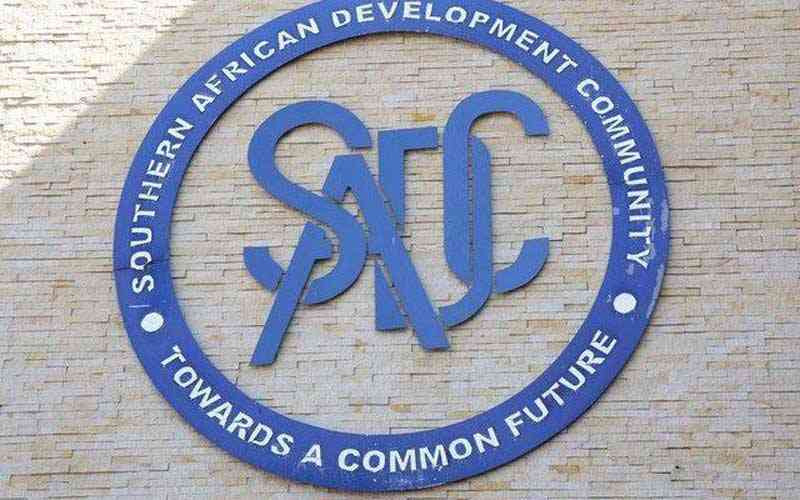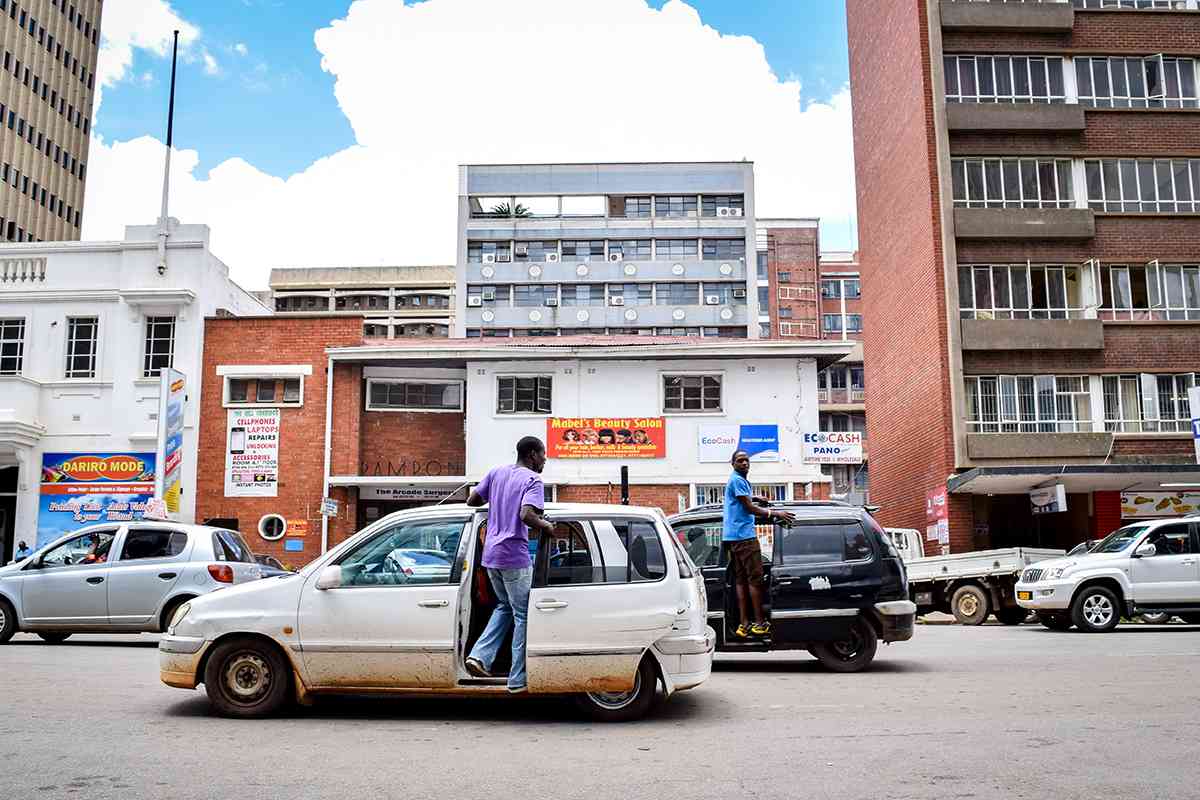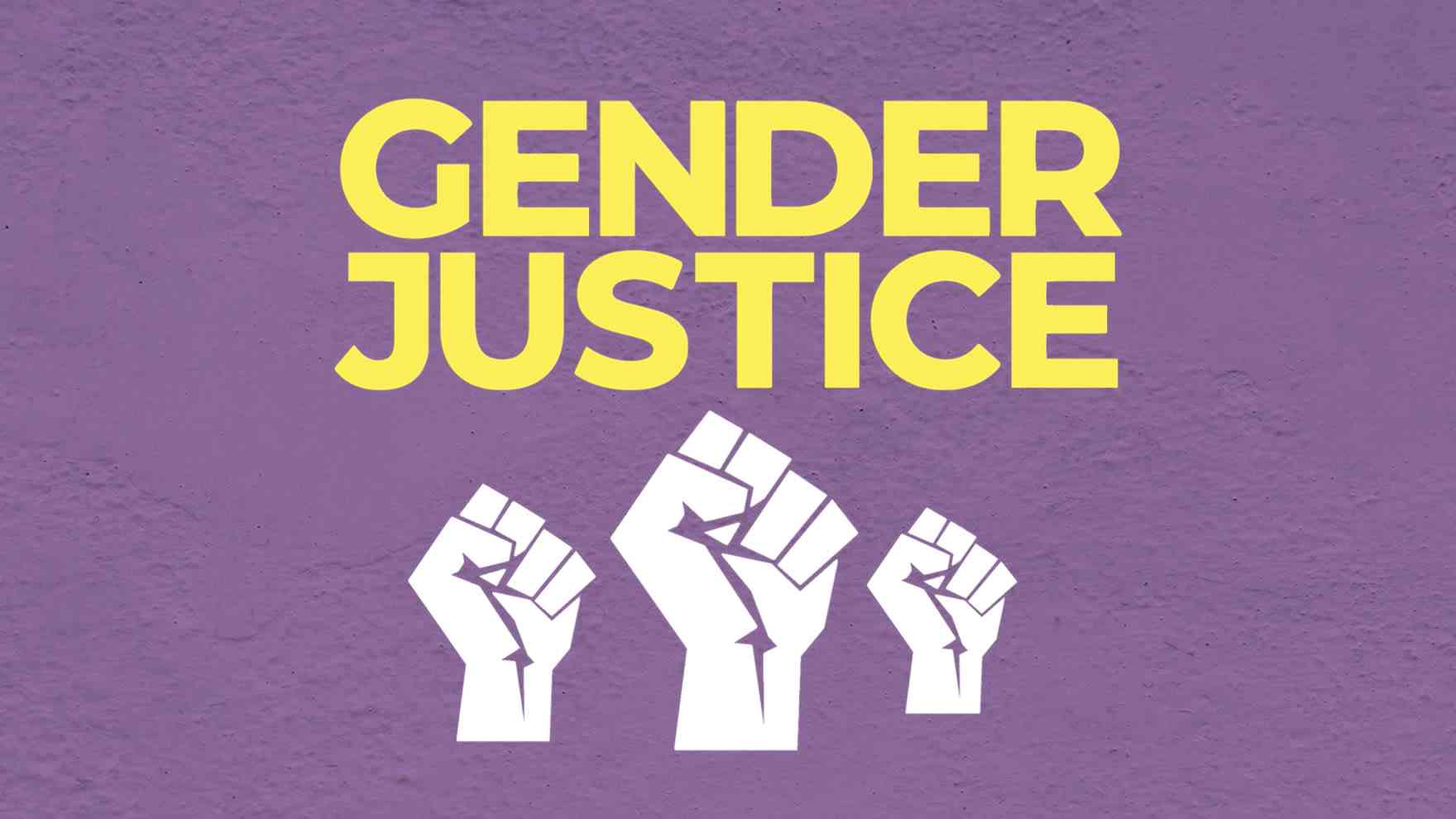
ZIMBABWE is set to hold its harmonised elections sometime later this year. This election could see Zanu PF extend its rule to 48 years. Historically, the African Union and Southern African Development Community (Sadc) continue to take up the regional burden of disputed Zimbabwean elections.
Consequent political instability and violence in the country have become the cause of large-scale migration from Zimbabwe.
Reports on political violence and lack of electoral reforms suggest that Sadc needs to level the playing field.
Sadc must ensure Zimbabwe has followed the Sadc guidelines governing democratic elections before the election.
Failure to do so will undermine the election’s credibility, regional stability, and freedom of choice.
Election-related violence
Since embracing democratisation in 1980, Zimbabwe has struggled with managing multiparty democracy.
For instance, the Zanu PF government has used State security forces to coerce citizens and manipulate the political process to retain power.
- Mavhunga puts DeMbare into Chibuku quarterfinals
- Bulls to charge into Zimbabwe gold stocks
- Ndiraya concerned as goals dry up
- Letters: How solar power is transforming African farms
Keep Reading
Consequently, it has experienced waves of election-related violence since 1985.
The lack of credibility in Zimbabwe’s elections stems from one condition. The level playing field for the incumbent and the opposition is always absent.
Before the 2018 elections, civil society and opposition parties marched for electoral reforms.
The electoral reforms include the need for media reform, access to the voters’ roll, and fair voter registration.
However, the lack of these reforms undermined the outcome of the 2018 election.
The opposition political parties perceived the election outcome as neither free nor fair.
As a result, there was post-election State-sponsored violence. Notably, the Zanu PF government has been unwilling to institute these electoral reforms.
Zanu PF has benefited from the uneven playing field. Outstanding issues on electoral reforms point to the high risk of another disputed election this year.
The election remains crucial in measuring Zimbabwe’s commitment to political freedoms.
Sadc’s approach to elections in Zimbabwe is the most significant factor undermining democratic elections in the region, and it must change.
To address this issue, Sadc must conduct a pre-assessment mission ahead of the election.
Grounds for this intervention already exist in the Sadc Principles and Guidelines Governing Democratic Elections.
Article 4 of the guidelines provides that member states promote necessary conditions to foster transparency, freedom of the media, and access to information by all citizens.
They also include equal opportunities for all candidates and political parties to use the State media.
As part of the pre-assessment mission to Zimbabwe, Sadc should facilitate a dialogue process between the Zimbabwe Electoral Commission and political parties.
The outcome of the dialogue should include a communiqué on the consensus and agreement on acceptable practices before the election.
Article 5 strengthens these provisions to have the responsibilities of member states to implement the principles above.
Outstanding electoral reforms
As such, one may suggest that should a member state face credible allegations or charges of violating these articles, they should get a tentative suspension from holding any position within Sadc.
Moreover, if found guilty, Sadc must condemn and impose strong warnings on such countries.
These responses should emerge and be enforced whenever a Sadc country grossly violates regional guidelines.
Another issue that should closely follow the aforementioned is for Sadc to address the issue of outstanding electoral reforms in Zimbabwe.
A recent survey by the Broadcasting Authority of Zimbabwe reveals that Zanu PF enjoys 90% of State broadcaster ZBC airtime.
Access included live coverage of political rallies of the ruling party and no live broadcasts of opposition political party campaigns.
Article 5.1.10 of Sadc principles require unhindered access to and communication freely with the media.
Sadc should prioritise political parties’ access to State media by stating the apparent discrepancy.
The deliberate infringement of opposition access to State media points to Zimbabwe’s lack of political will to level the playing field.
Therefore, the solution starts with Sadc developing the political will to prevent electoral conflict before it arises.
The regional bloc must level the playing field by ensuring that all political parties have equal access to State media.
But, this depends on whether the organ will commit to seeing Zimbabwe commit to upholding the principles governing democratic elections.
Strong leadership
Meanwhile, there is a need for decisive regional leadership for Sadc.
Strong leadership can take ownership of the values espoused by the regional bloc concerning entrenching democracy and ensuring regional stability.
Decisive leadership in Sadc will inculcate a culture of solidarity, accountability, and adherence to agreed guidelines.
It is essential to do so, especially when member states have repeatedly violated Sadc principles.
South Africa is a straightforward case of a natural Sadc champion for democracy.
South Africa has consistently held polls with relative credibility. Therefore, South Africa can lead Sadc towards a more value-oriented approach to elections and democracy.
It can do so by explicitly championing the regional goal of entrenching the Sadc principles.
Sadc must safeguard the upcoming election. It must not turn a blind eye to the election’s credibility issues and repeated non-compliance with the principles and guidelines.
Failure to do so will undermine the political freedoms and stability in the region where Sadc countries take up the regional burden of disputed elections.
From this background, two questions beg the answer from Sadc leadership.
Are they ready to champion and internalise the principles and guidelines governing democratic elections?
If so, would they be willing to sanction delinquent states to entrench democracy in the Sadc region?
- Tinashe Sithole is a writing fellow at the African Liberty. He writes here in his personal capacity.










